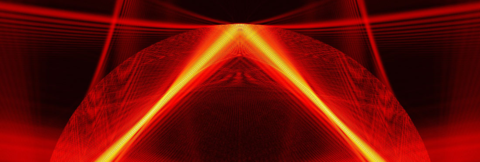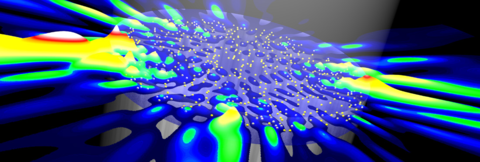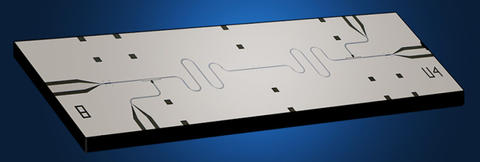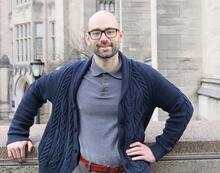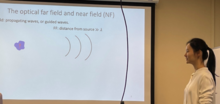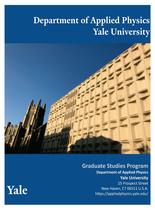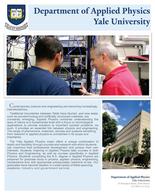Welcome to Applied Physics at Yale
The Department of Applied Physics prepares students for academic and industrial careers at the forefront of science and technology. Teaching and research are focused on fundamental issues in condensed matter and optical physics and on the practical application of these concepts and techniques to technology. This balance between fundamental science and application makes our program highly interdisciplinary, having strong collaborations with Physics and Chemistry, as well as Electrical, Mechanical, Chemical, and Biomedical Engineering.
